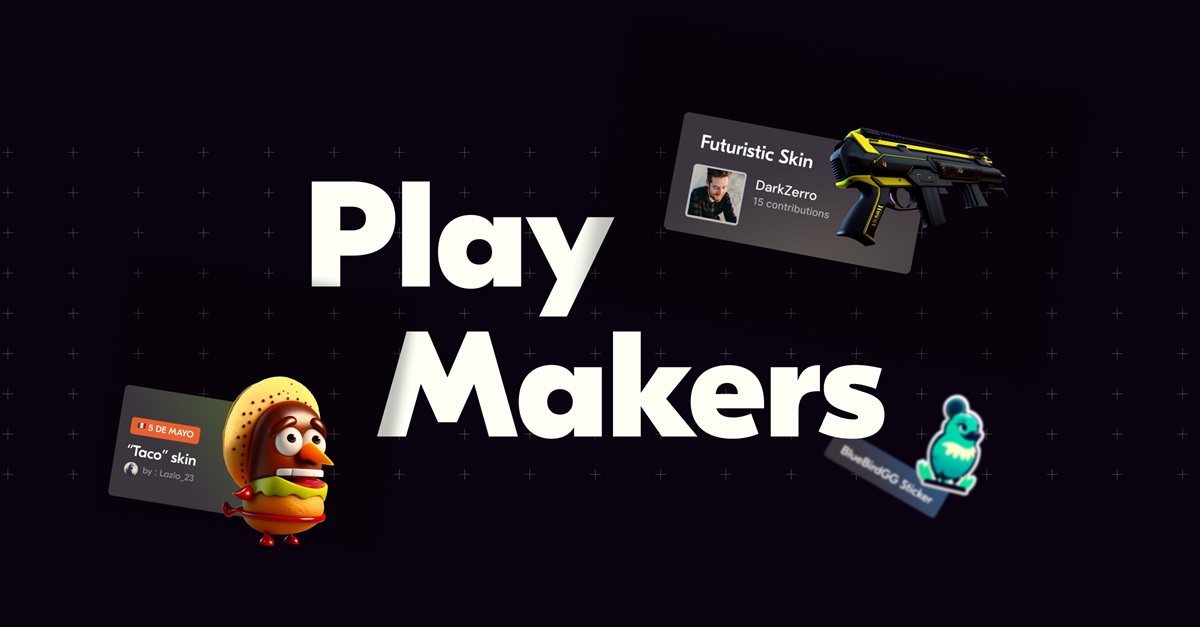PlayMakers has raised $1.5 million in pre-seed funding to boost user-generated content across a wide spectrum of games.
Founded just a year ago by Ilan Nabeth, Maxime Niankouri, and Costantino Carrega, the PlayMakers team, consisting of former Homa employees, has already marked impressive achievements with a collective 600 million game downloads during their previous roles.

Unlock premium content and VIP community perks with GB M A X!
Join now to enjoy our free and premium membership perks.
![]()

![]()